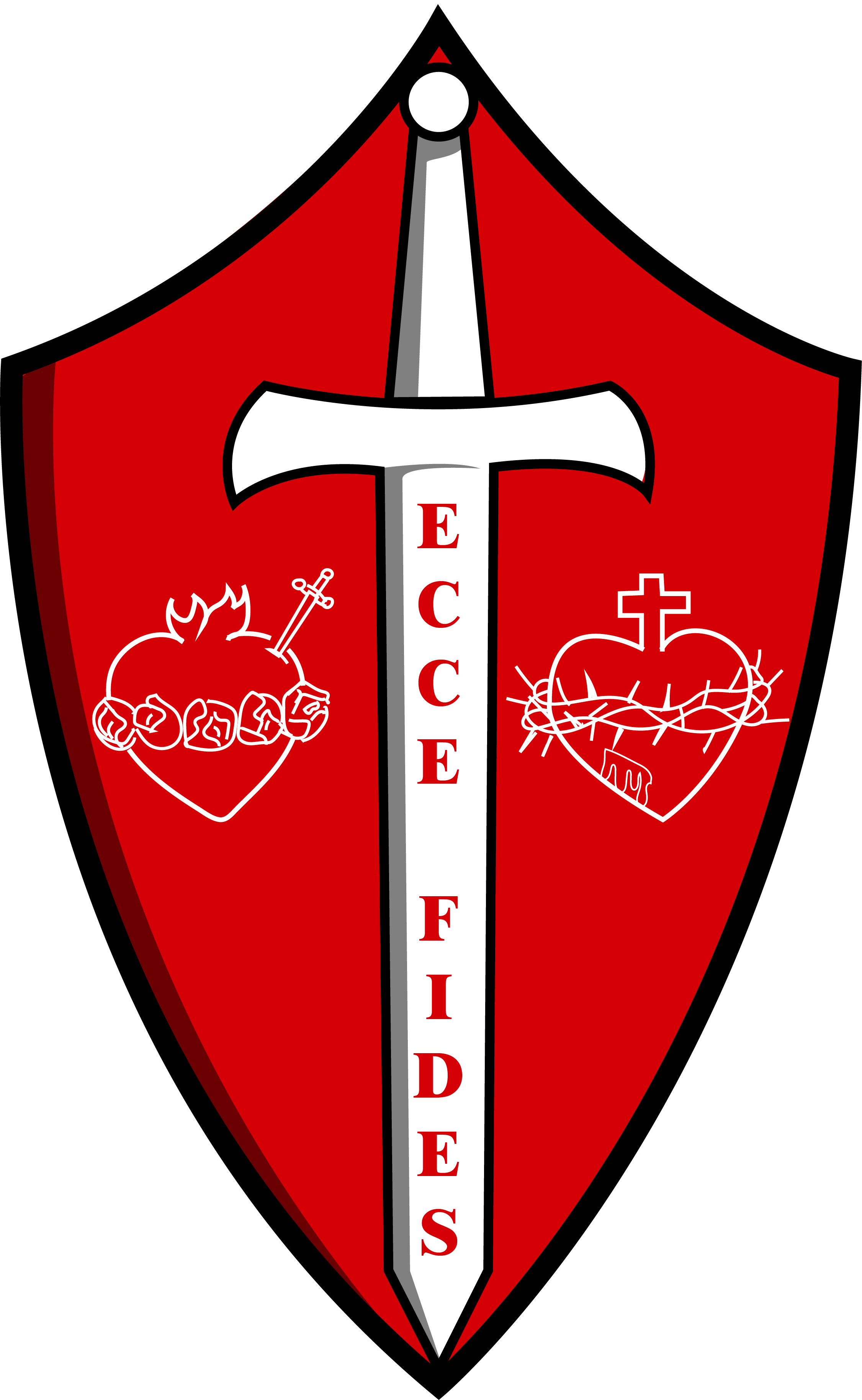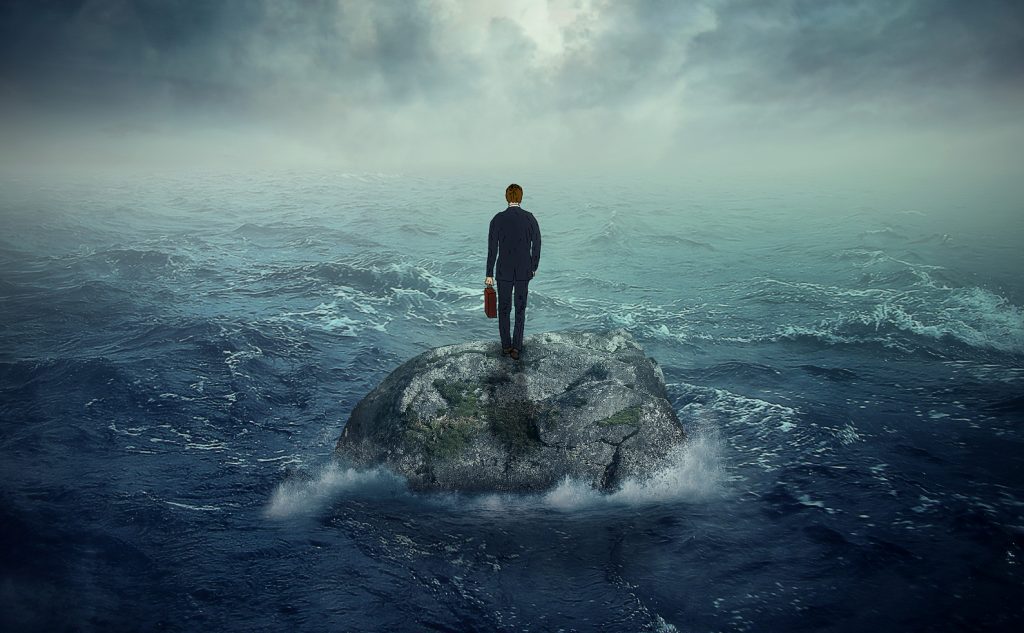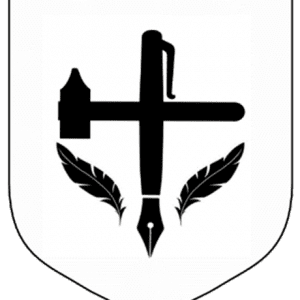All men have masters. A corporate drone, a rugged lumberjack—each of us necessarily dwells in the long shadow of an idea or a person beyond our tiny selves. Sounds rough, huh? We do not want to imagine ourselves as followers, especially when so many in the higher echelons of society cast themselves as trailblazers or masters of their destinies. This facade should not demoralize you, gentle reader, because this tenuously kept illusion of control has little weight in the face of the master truth—the truth of the master. These titans of the present and those storied great men of old are just as bound to this ultimate truth as you and I.
But who are these masters? God, the self, our carnal desires, our parents, the American dollar, our dreams—the answers are too numerous to list here. “Who are my masters?“ It is tragically rare that we ask this of ourselves. People do not wish to expend brain-calories on what seems so grim on its face, and who can blame them? The American way scorns the idea of the master, instead championing the individual as the ultimate engine of change and self-actualization. The greatest irony of this credo is that the individual does not exist in its purest sense in how the American context describes it, does not exist.
As poet John Donne once wrote:
“No man is an island. Human beings do not exist in a vacuum.”
The strongest, most brilliant, wealthiest man is still at the whim of universal forces he cannot possibly understand. Even if we analyzed John Donne’s quote to an annoyingly literal degree and imagined that there was “A man who was AN island,” he would still be at the mercy of the ocean’s waves lapping daily and nightly against his shores. The same goes for the shrieking ocean winds biting at his highest peaks. As bizarre as it sounds, the Island Man’s master is his islandhood. Know this, reader. You are not an island. So I ask you this: how many masters do you have? Who or what are they? What power do they have over you? In addressing these ultimate questions, we afford ourselves an opportunity: the ability to choose our masters.
We must identify those forces which try to control us, be they political, socio-economic, the tyranny of clichés, or your generation, and decide whether to embrace or reject them. By attempting to be our own masters, we fall ingloriously into sin and depraved impulse. I implore you to reject those forces. We are called to be in this world, not of it. Yes, we are all shackled by the times and engines seemingly dictating our lives. I call on you to chain yourself to the one thing worth a damn. Scramble into the arms of your true, loving master a la Matthew 6:24:
“No man can serve two masters. For either he will hate the one, and love the other: or he will sustain the one, and despise the other. You cannot serve God and mammon.”
Take control of your life. The genuinely liberated man does not toil amidst his idiotic, worldly impulses. Instead, the free man serves something greater, something that transcends his temporary appetites. That something is yours to choose. The choice could not be any simpler: hold your head high in the service of your righteous master or find a new, comfier set of chains. Make the right move.



One Response
Good post. I learn something new and challenging on blogs I stumbleupon on a daily basis. Its always useful to read content from other writers and use a little something from their sites.